March 31, 2020
Prelims Pointers
March 31, 2020
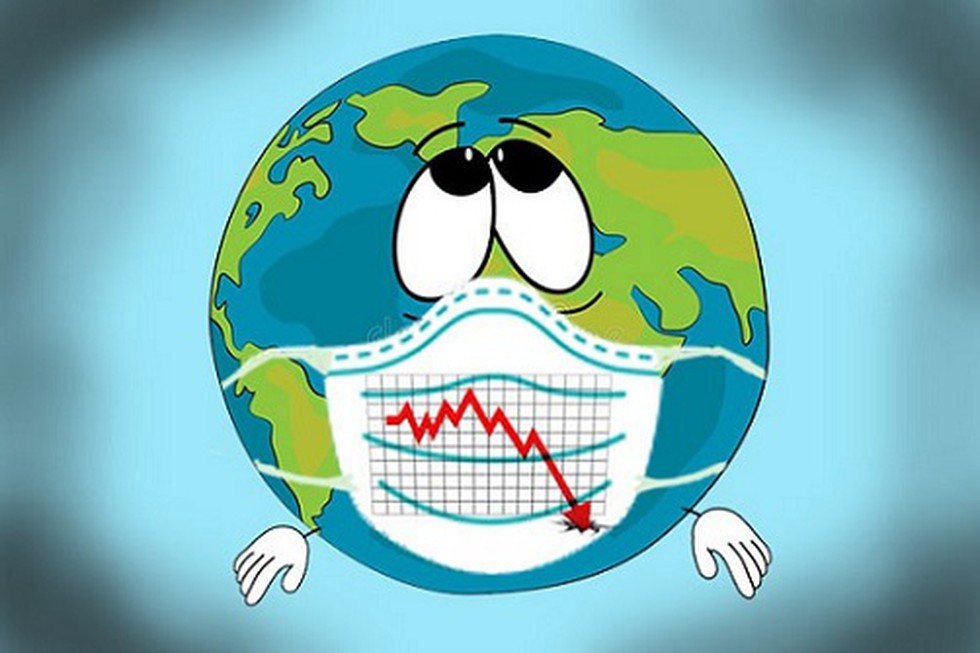
About:
- The Schemes gives longer timelines for corporates to comply with various filing requirements under the Companies Act 2013 and LLP Act, 2008.
- The USP of both the schemes is a one-time waiver of additional filing fees for delayed filings by the companies or LLPs with the Registrar of Companies during the period starting from 1st April, 2020 and ending on 30th September, 2020.
- The Schemes also significantly reduce the related financial burden on them, especially for those with long standing defaults, thereby giving them an opportunity to make a “fresh start”.
- Both the Schemes also contain provision for giving immunity from penal proceedings, including against imposition of penalties for late submissions and also provide additional time for filing appeals before the concerned Regional Directors against imposition of penalties, if already imposed.
- However, the immunity is only against delayed filings in MCA21 and not against any substantive violation of law.
Prelims Pointers
March 31, 2020
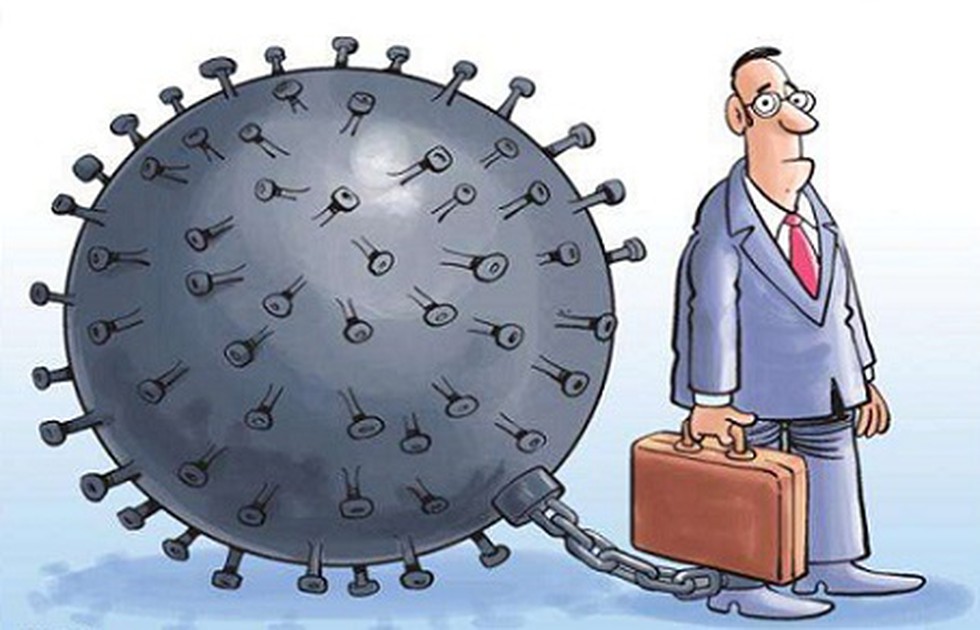
About:
- It provides that the period of lockdown imposed by the Central Government in the wake of COVID-19 outbreak shall not be counted for any activity that could not be completed due to the lockdown, in relation to a corporate insolvency resolution process.
- Corporate Insolvency Resolution Process (CIRP) is a recovery mechanism for creditors. If a corporate becomes insolvent, a financial creditor, an operational creditor, or the corporate itself may initiate CIRP.
- The CIRP may include necessary steps to revive the company such as raising fresh funds for operation, looking for new buyer to sell the company as going concern.
- CIRP in a case under Insolvency and Bankruptcy Code, 2016 (IBC) needs to be completed in 330 days including time taken for litigation.
Prelims Pointers
March 31, 2020
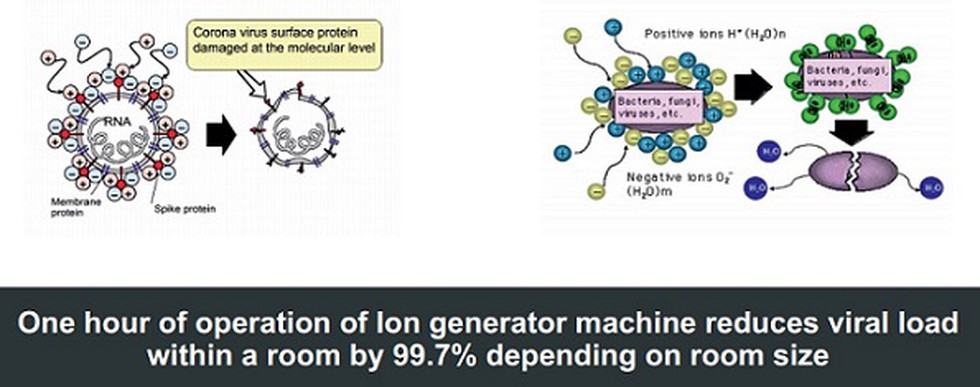
About:
- The negative ion generator titled Scitech Airon, which helps to control the virus, bacteria, and fungal infections in a closed environment, could clean up the air and disinfect areas which are exposed to the infection through Covid 19 positive cases and suspects.
- Hence it could ensure the wellbeing of the staff, doctors, and nurses who are working round the clock in the quarantine facilities by enhancing their disease resistance power and ability to fight the virus.
Bodies involved:
- The technology has been developed under the NIDHI PRAYAS program initiated by the Department of Science and Technology (DST).
- DST has released Rs 1 crore to manufacture and scale up the product, and 1000 of them will soon be ready for installation in various hospitals in Maharashtra.
- JCLEAN WEATHER TECHNOLOGIES, a Pune based company, is manufacturing the product.
Prelims Pointers
March 31, 2020
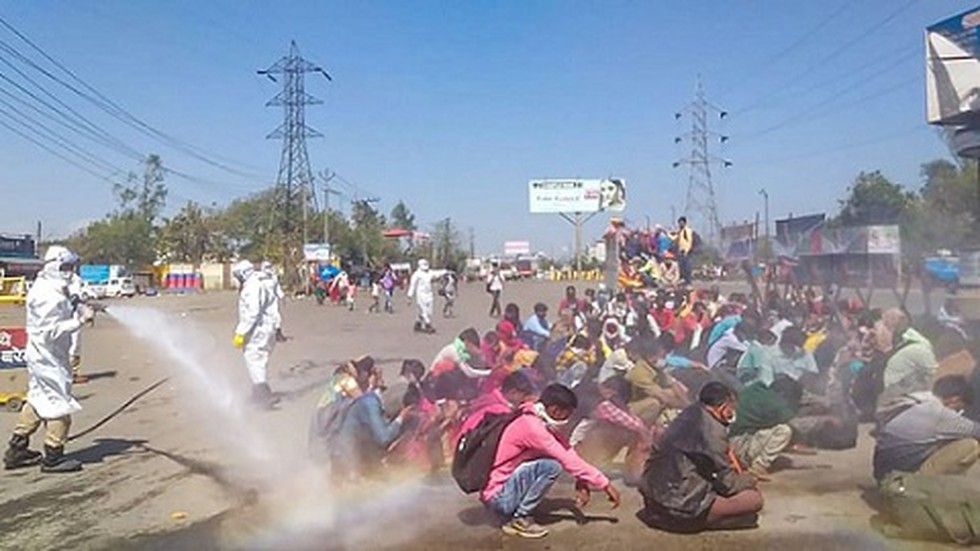
About:
- Sodium hypochlorite is commonly used as a bleaching agent, and also to sanitise swimming pools.
- As a common bleaching agent, sodium hypochlorite is used for a variety of cleaning and disinfecting purposes. It releases chlorine, which is a disinfectant.
- The concentration of the chemical in the solution varies according to the purpose it is meant for.
- A normal household bleach (for disinfecting buildings and solid surfaces) usually is a 2-10% sodium hypochlorite solution.
- At a much lower 0.25-0.5%, this chemical is used to treat skin wounds like cuts or scrapes.
- An even weaker solution (0.05%) is sometimes used as a handwash.
- A normal household bleach (for disinfecting buildings and solid surfaces) usually is a 2-10% sodium hypochlorite solution.
- The World Health Organization, and the US Centers for Disease Control and Prevention, recommend homemade bleach solutions of about 2-10% concentration to clean hard surfaces to clear them of any presence of the novel coronavirus.
Health impact:
- Sodium hypochlorite is corrosive, and is meant largely to clean hard surfaces. It is not recommended to be used on human beings, certainly not as a spray or shower.
- Large quantities of chlorine can be harmful. A 1% solution can cause damage to the skin of anyone who comes in contact with it. If it gets inside the body, it can cause serious harm to lungs.
Prelims Pointers
March 31, 2020

About:
- India VIX is an index that serves as a measure of market expectation of volatility in the near term.
- While volatility signifies the rate and magnitude of change in the stock price or index value, the movement in the VIX index reflects the overall market volatility expectations over the next 30 days.
- So, a spike in the VIX value means the market is expecting higher volatility in the near future.
- Given the nature of the index, it is also known as ‘fear gauge’ or ‘fear index’.
Timeline:
- India VIX index is not the first of its kind in the world.
- The VIX index was first created by the Chicago Board Options Exchange (CBOE) and introduced in 1993 based on the prices of S&P 500 index.
- The India VIX was launched in 2010 and is based on the computation methodology of CBOE though amended to align with the Indian markets.
Prelims Pointers
March 31, 2020

About:
- It is called convalescent plasma therapy. It seeks to make use of the antibodies developed in the recovered patient against the coronavirus.
- The whole blood or plasma from such people is taken, and the plasma is then injected in critically ill patients so that the antibodies are transferred and boost their fight against the virus.
- A COVID-19 patient usually develops primary immunity against the virus in 10-14 days. Therefore, if the plasma is injected at an early stage, it can possibly help fight the virus and prevent severe illness.
Prelims Pointers
March 31, 2020
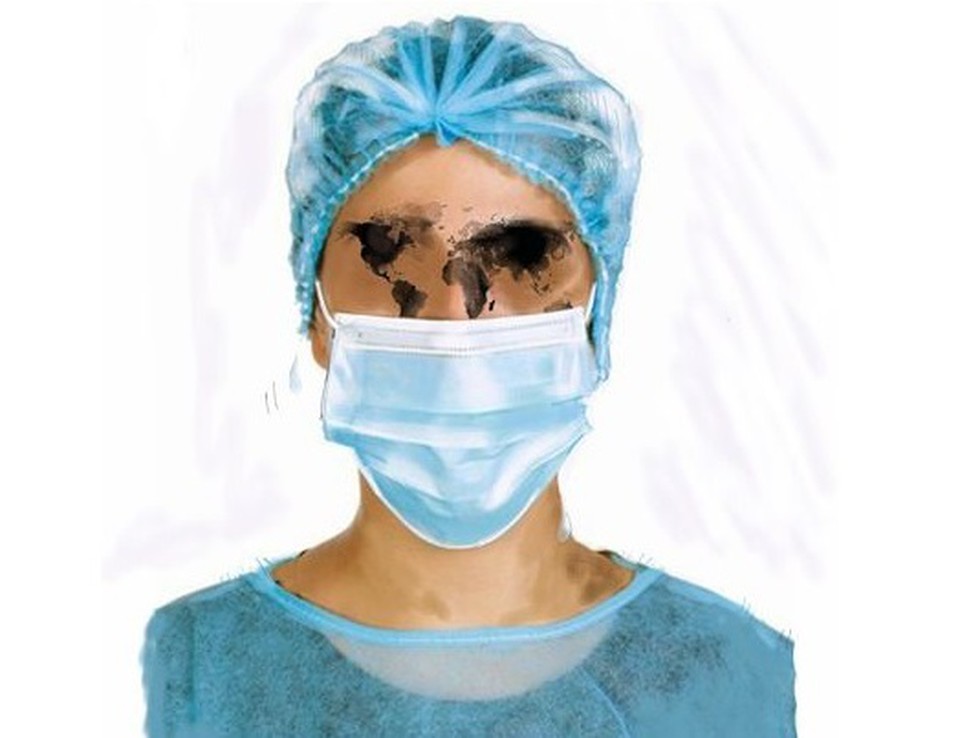
About:
- The scheme will provide an insurance cover of 50 lakh rupees for ninety days to around 22.12 lakh public healthcare providers.
- They include community health workers, who may have to be in direct contact and care of COVID-19 patients and who may be at risk of being impacted by this.
- The scheme will also include accidental loss of life on account of contracting COVID-19.
- The insurance provided under this scheme will be over and above any other insurance cover being availed by the beneficiary.
Prelims Pointers
March 31, 2020
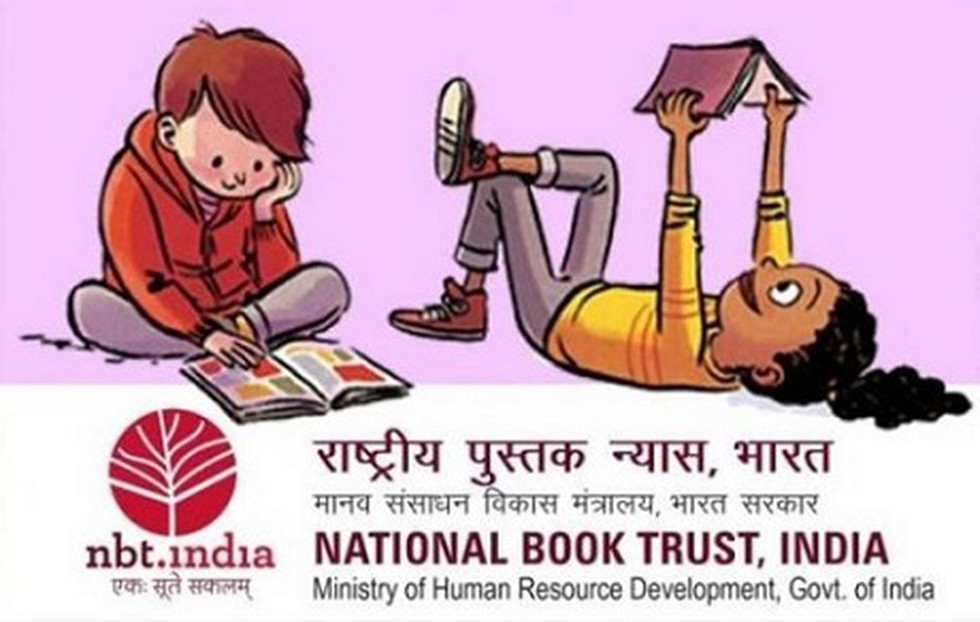
About:
- Realising the extraordinary psychological, social, economic and cultural significance of Corona Pandemic for the human society in times to come, NBT will launch this series.
- The ‘Corona Studies Series’ will be the long-term contribution to prepare and engage readers with the various aspects of the Corona times by bringing out affordable books in various Indian languages in the identified subject areas.
- National Book Trust, India is the national body for book publishing and book promotion under the Ministry of Human Resource Development, Government of India
Prelims Pointers
March 31, 2020

About:
- With a nationwide lockdown in place, over 90 cities, including Delhi, recorded minimal air pollution in the last few days.
- India is currently under the biggest lockdown with around 130 crore people asked to stay home in view of the COVID-19 outbreak. The government has urged people to avoid unnecessary travel, significantly reducing the traffic movement across the country.
- The level of Nitrogen Oxide (NOx) pollution, which can increase the risk of respiratory conditions, has also reduced. NOx pollution is mainly caused due to a high motor vehicle traffic.
System of Air Quality and Weather Forecasting and Research (SAFAR)?
- Agencies involved: It was indigenously developed by Indian Institute of Tropical Meteorology, Pune and is run by India Meteorological Department (IMD).
- Objective: To provide Real-time air quality index on 24x7 basis with colour coding along with 72-hour advance weather forecast; To issue Health advisory to prepare citizens well in advance.
- Parameters monitored:
- Pollutants: PM1, PM2.5, PM10, Ozone, CO, NOx (NO, NO2), SO2, BC, Methane (CH4), Non-methane hydrocarbons (NMHC), Black Carbon, VOC’s, Benzene and Mercury.
- Meteorological Parameters: UV Radiation, Rainfall, Temperature, Humidity, Wind speed, Wind direction, solar radiation.
Prelims Pointers
March 31, 2020

About:
- GreenCo Rating System has been developed by Confederation of Indian Industry (CII).
- It helps the industrial units in implementing various measures in terms of energy conservation, material conservation, recycling, utilisation of renewable energy, Green House Gases (GHG) reduction, water conservation, solid and liquid waste management, green cover etc.
- The Confederation of Indian Industry (CII) is an industry association in India founded in 1895. CII is a non-government, not-for-profit, industry-led and industry-managed organization.
March 30, 2020
Prelims Pointers
March 30, 2020

About:
- The paper, ‘Genetic evidence for allopatric speciation of the Siberian Ibex (Capra sibirica) in India,’ has recently been published in Endangered Species Research, an international peer-reviewed journal.
- The researchers, under a project funded through the National Mission on Himalayan Studies implemented by the Ministry of Environment, undertook field surveys and collected faecal samples from Lahaul and Spiti, Himachal Pradesh.
- Himalayan Ibex is distributed in the trans-Himalayan ranges of Jammu and Kashmir, Ladakh and Himachal Pradesh up to the river Sutlej.
Siberian Ibex?
- Siberian Ibex is a species of wild goat and is distributed in diverse habitats, ranging from cold deserts, rocky outcrops, steep terrain, high-land flats and mountain ridges to low mountains and foothills.
- From Mongolia, its distribution extends towards Altai, Hangai, Gobi-Altai, the Hurukh mountain ranges as well as Sayan Mountains near Russia and scattered populations in the small mountains of Trans-Altai Gobi.
Prelims Pointers
March 30, 2020
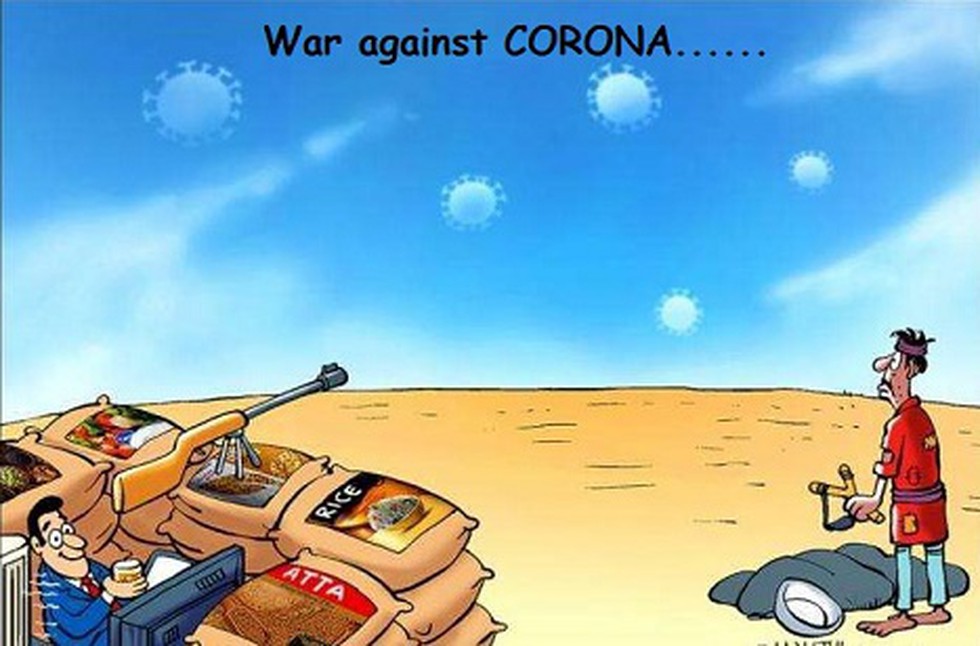
About:
- The notification permits withdrawal not exceeding the basic wages and dearness allowance for three months or upto 75 per cent of the amount standing to member's credit in the EPF account in the event of outbreak of epidemic or pandemic.
- COVID-19 has been declared pandemic by appropriate authorities for the entire country and therefore employees working in establishments and factories across entire India, who are members of the EPF Scheme, 1952 are eligible for the benefits of non-refundable advance.
- A sub-para(3) under para 68L has been inserted in the EPF scheme,1952.
- The amended scheme Employees Provident Fund (Amendment) scheme, 2020 has come into force from 28th March, 2020.
Prelims Pointers
March 30, 2020
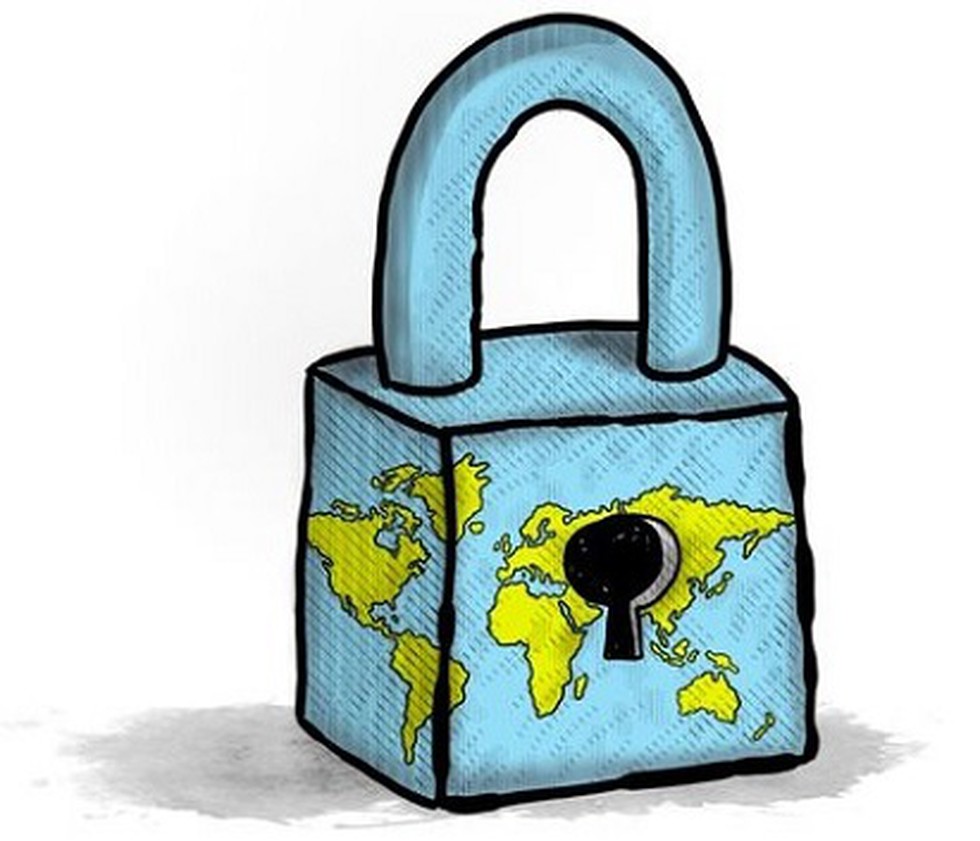
About:
- Sections 269 and 270 of the IPC come under Chapter XIV of the Indian Penal Code– ‘Of Offences Affecting The Public Health, Safety, Convenience, Decency and Morals’.
- Sections 269 (negligent act likely to spread infection of disease dangerous to life) provides for a jail term of six months and/or fine.
- Section 270 (malignant act likely to spread infection of disease dangerous to life) provides for a jail term of two years and/or fine. In Section 270, the word ‘malignantly’ indicates indicates a deliberate intention on the part of the accused.
- Both Sections have been used for over a century to punish those disobeying orders issued for containing epidemics.
Prelims Pointers
March 30, 2020

About:
- The decision has been taken with a view to address problems being faced by the farming community in the harvesting of their crops and transporting foodgrains to the mandis.
- This will also ensure uninterrupted harvesting of crops.
Under the 2nd Addendum issued by the Union Home Ministry the following categories have been exempted from the lockdown:
- Agencies engaged in procurement of agriculture products, including MSP operations;
- ‘Mandis’ operated by the Agriculture Produce Market Committee or as notified by the State Government;
- Farming operations by farmers and farm workers in the field;
- ‘Custom Hiring Centres (CHC)’ related to farm machinery;
- Manufacturing and packaging units of fertilisers, pesticides and seed; &
- Intra and Inter-State movement of harvesting and sowing related machines like combined harvester and other agriculture/horticulture implements
Prelims Pointers
March 30, 2020
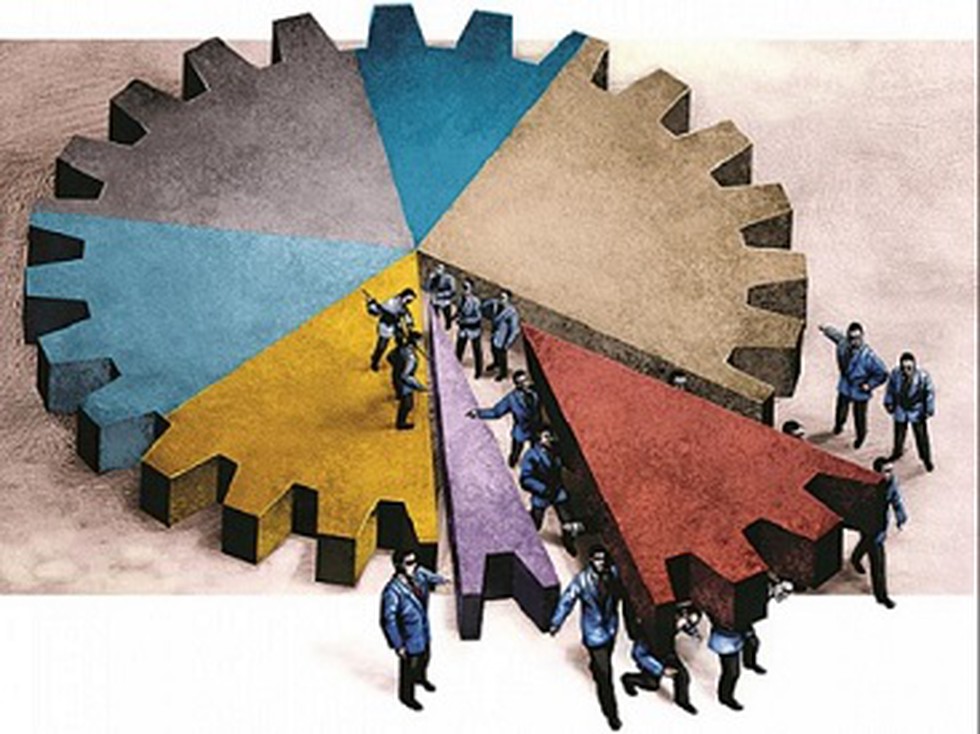
About:
- It has sold 74.49 per cent stake in THDC India Ltd (THDCIL) for Rs 7,500 crore and 100 per cent in North Eastern Electric Power Corporation (NEEPCO) for Rs 4,000 crore to state-owned power utility NTPC. Further, the Centre sold 66.67 per cent in Kamarajar Port Ltd to Chennai Port Trust for Rs 2,383 crore.
- This takes the Centre’s total collections from disinvestment at Rs 48,728.06 crore so far in FY20, which still falls short of the revised target of Rs 65,000 crore for the ongoing financial year.
Targets for next financial year:
- For the upcoming fiscal’s budget, the government has announced an ambitious disinvestment agenda, aiming to raise Rs 2.1 lakh crore via stake sales, including plans to list Life Insurance Corporation on stock exchanges and sale of its stake in IDBI Bank.
- Privatisation of BPCL, Container Corporation of India, Shipping Corporation of India and national carrier Air India will be other key issues next year.
Prelims Pointers
March 30, 2020
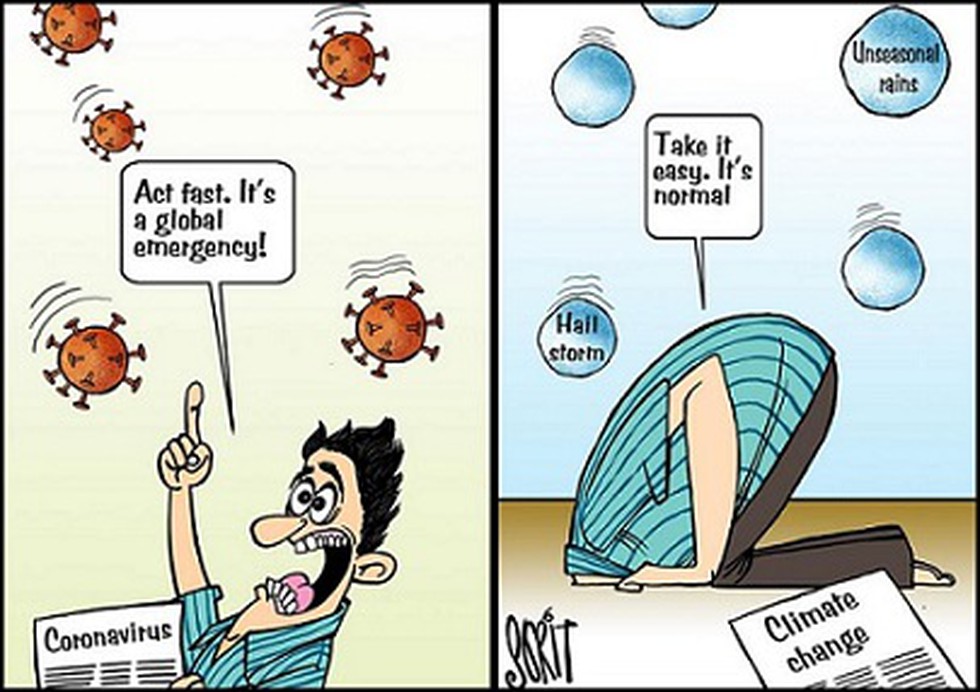
About:
- What is Earth Hour? Earth Hour is a global grassroots movement uniting people to take action on environmental issues and protect the planet.
- Organized by: World Wide Fund for Nature (WWF).
- Background: Earth Hour was started as a lights out event in Sydney, Australia in 2007.
- When does Earth Hour take place? The annual Earth Hour lights out event is held worldwide toward the end of March to encourage individuals, households, communities and businesses to turn off their non-essential lights for one hour as a symbol for their commitment to the planet.
- Why is Earth Hour the event held in late March? The second-to-last and last weekend of March is around the time of the Spring and Autumn equinoxes in the northern and southern hemispheres respectively, which allows for near coincidental sunset times in both hemispheres, thereby ensuring the greatest visual impact for a global ‘lights out’ event.
- Earth Hour logo: Earlier it was 60 (60 symbolizes 60 minutes). But since 2011 it is 60+. Here + represents the commitment to go beyond the earth hour (i.e. switching off non – essential lights in day to day life).
Prelims Pointers
March 30, 2020
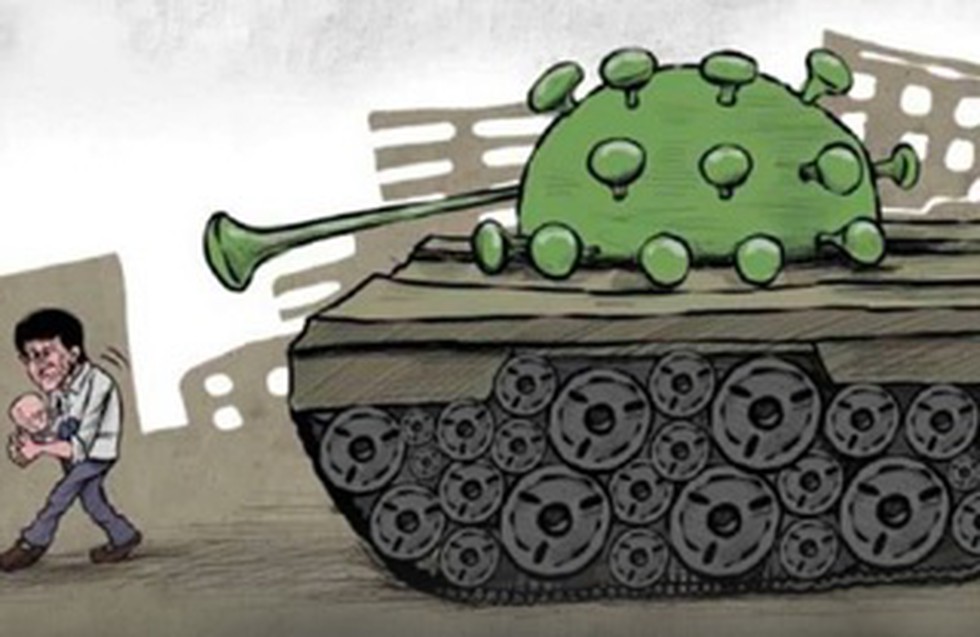
About:
- Names: The Convention on the Prohibition of the Development, Production and Stockpiling of Bacteriological (Biological) and Toxin Weapons and on their Destruction is usually referred to as the Biological Weapons Convention (BWC) or Biological and Toxin Weapons Convention (BTWC).
- What is it? The Biological Weapons Convention (BWC) is a legally binding treaty that outlaws biological arms.
- Significance: The BWC is the first multilateral disarmament treaty to ban an entire category of weapons of mass destruction.
- Timeline: the BWC opened for signature in 1972, and entered into force in 1975.
- Members: It currently has 183 states-parties, including Palestine, and four signatories. Ten states have neither signed nor ratified the BWC.
The BWC bans:
- The development, stockpiling, acquisition, retention, and production of:
- Biological agents and toxins "of types and in quantities that have no justification for prophylactic, protective or other peaceful purposes;"
- Weapons, equipment, and delivery vehicles "designed to use such agents or toxins for hostile purposes or in armed conflict."
- The transfer of or assistance with acquiring the agents, toxins, weapons, equipment, and delivery vehicles described above.
Exceptions:
- The BWC does not ban the use of biological and toxin weapons but reaffirms the 1925 Geneva Protocol, which prohibits such use.
- It also does not ban biodefense programs.
Prelims Pointers
March 30, 2020
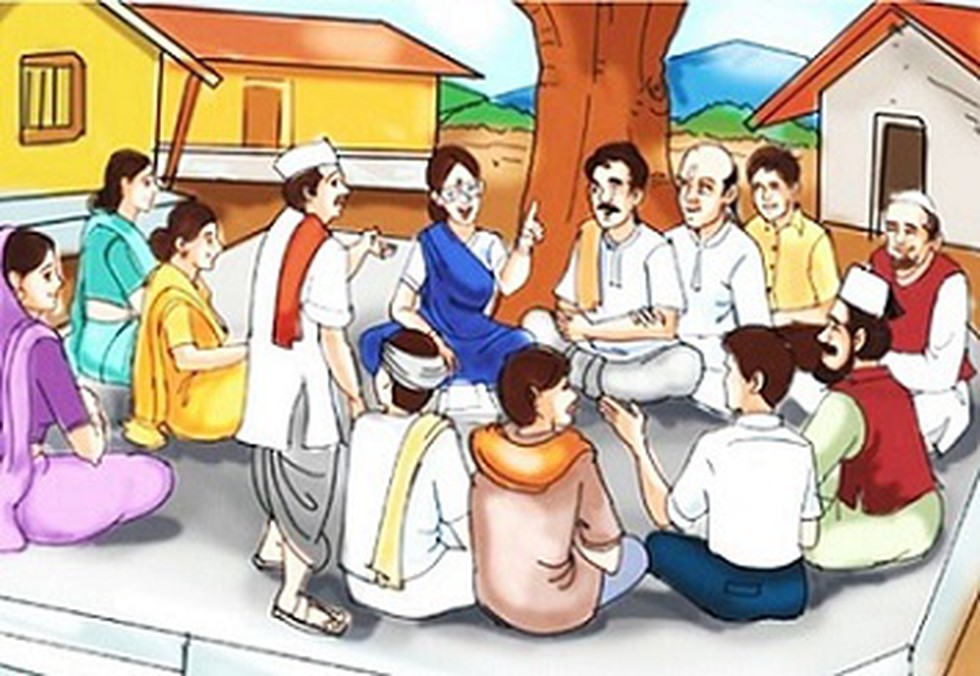
Salient features of the Bill:
- The Bill amends the Karnataka Gram swaraj and Panchayat Raj act, 1993.
- It reduces the term of the offices of presidents and vice-presidents of gram panchayats, taluk panchayats and zilla panchayats from five years to 30 months.
- No-confidence motion could not be moved against the presidents and vice-presidents of all three-tiers of local bodies before 15 months from the date of election. At present, no-confidence motion can be moved within 30 months from the date of election.
- The Deputy Commissioner would preside over the meeting while no-confidence motion is considered in taluk panchayat and the regional commissioner would preside in the case of ZP.
- In case the no-confidence moved is defeated, then no such motion is to be moved again in the next six months.
- The Bill envisages some electoral reforms and that included closing of liquor shops 48 hours before the polling of panchayats.
- On property tax collection by GPs: It has proposed no tax on vacant land in airport or industrial area or industrial areas where plantations are grown. It proposes to levy 0.10% tax on the capital value of the property on the runway area of an airport.
Prelims Pointers
March 30, 2020
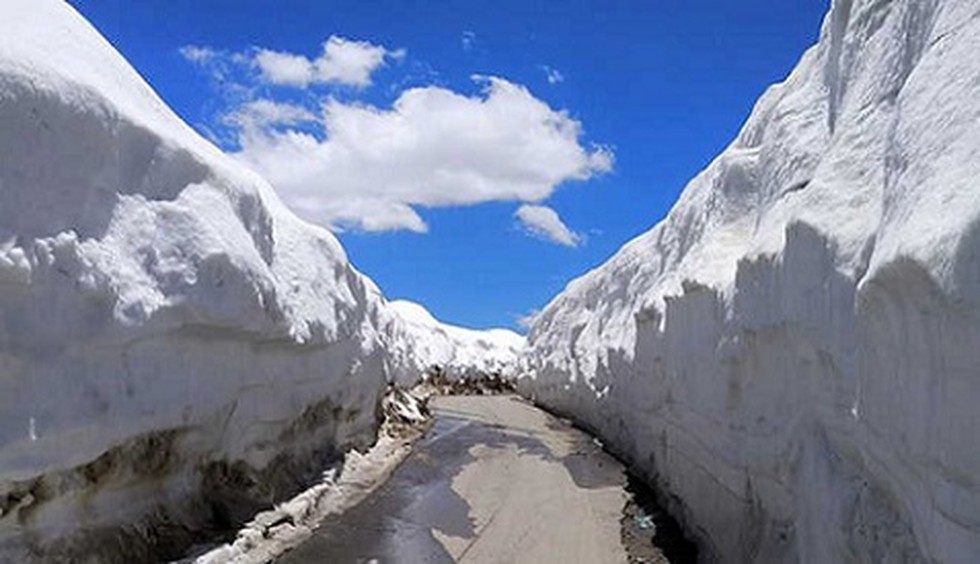
About:
- Bara-lacha la, also known as Bara-lacha Pass is a high mountain pass in Zanskar range, connecting Lahaul district in Himachal Pradesh to Leh district in Ladakh, situated along the Leh–Manali Highway.
- The Bhaga river, a tributary of the Chenab river, originates from Surya taal lake, which is situated a few of kilometers from the pass towards Manali. The pass also acts as a water-divide between the Bhaga river and the Yunam river.
Prelims Pointers
March 30, 2020
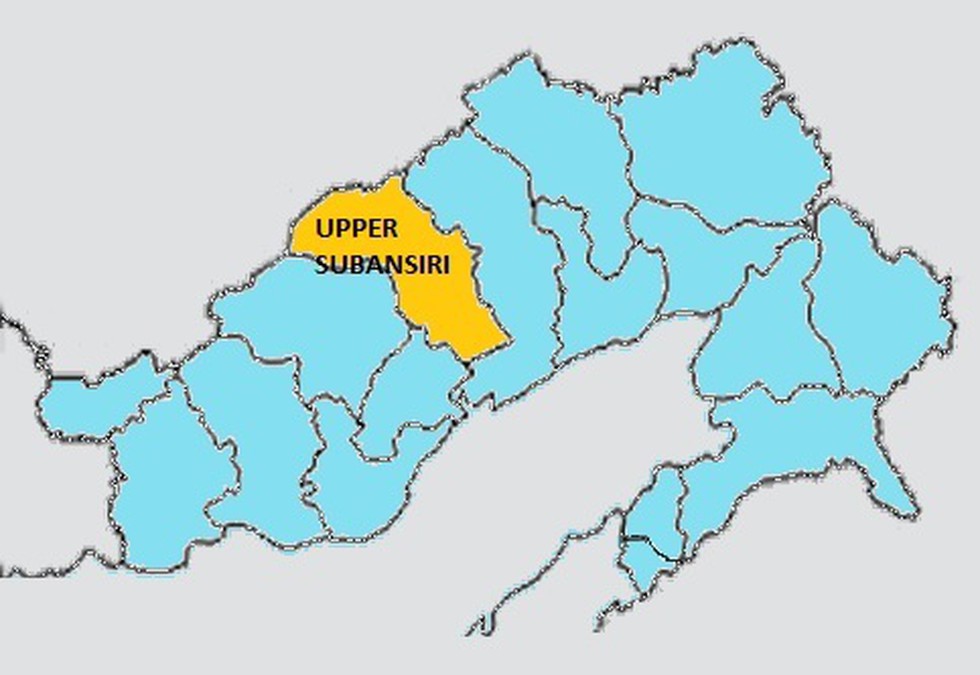
About:
- Project Arunank is responsible for the construction and maintenance of approximately 1113 Kms of roads in Arunachal Pradesh and Assam.
- It is being implemented by the Border Roads Organisation, an important arm of the Ministry of Defence.
- Project Arunank is named after the state of Arunachal Pradesh.
March 29, 2020
Prelims Pointers
March 29, 2020

About:
- Mandate: This will be a dedicated national fund with the primary objective of dealing with any kind of emergency or distress situation, like posed by the COVID-19 pandemic.
- Administration: Prime Minister is the Chairman of this trust and its Members include Defence Minister, Home Minister and Finance Minister.
- Features: Citizens and organisations can go to the website pmindia.gov.in and donate to PM CARES Fund. This fund will enable micro-donations allowing a large number of people will be able to contribute with smallest of denominations.
- Donations to this fund will be exempted from income tax under section 80(G).
Prelims Pointers
March 29, 2020
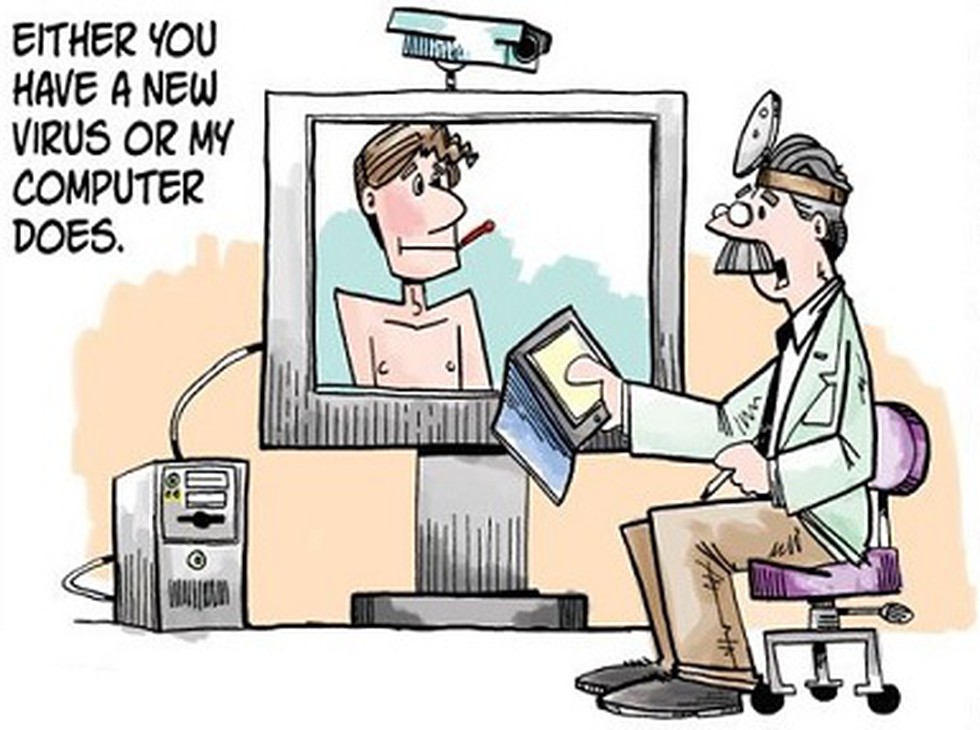
About:
- Name: The project CoNTeC, an acronym for COVID-19 National Teleconsultation Centre.
- Bodies involved: It has been conceptualised by the Ministry of Health & Family Welfare and has been implemented by the All India Institute of Medical Sciences, New Delhi.
- Objective: CoNTeC has been made operational at AIIMS with a view to connect the Doctors across the country to AIIMS in real time for treatment of the COVID-19 patients.
Features:
- The CoNTeC is a Telemedicine Hub established by AIIMS, New Delhi, wherein expert doctors from various clinical domains will be available 24x7 to answer the multifaceted questions from specialists from all over the country.
- It is a multi-modal telecommunications hub through which 2 way audio-video and text communications can be undertaken from any part of the country as well as the world at large.
- The CoNTeC is also fully integrated with the National Medical College Network (NMCN) to conduct a full fledged Video Conference (VC) between the 50 Medical Colleges connected through the NMCN with its National Resource Centre located at SGPGI, Lucknow.
Prelims Pointers
March 29, 2020

About:
- According to IMF, this It is clear that we have entered a recession that will be worse than the one in 2009, following the global financial crisis.
- Stressing that while containment is the main reason for the economy to stand still and get into a recession, IMF said containment is very necessary to come out of this period and step in to recovery.
- There is risk of a wave of bankruptcies and layoffs that can undermine the recovery.
- There is no official definition of recession, but there is general recognition that a recession is a period of declining economic performance across an entire economy that lasts for several months.
- This decline is visible in real GDP, real income, employment, industrial production, and wholesale-retail sales. A recession begins when the economy reaches a peak of activity and ends when the economy reaches its trough.
- A depression is a deep and long-lasting recession that lasts for many years. In a depression the decline in GDP exceeds 10 percent.
Prelims Pointers
March 29, 2020
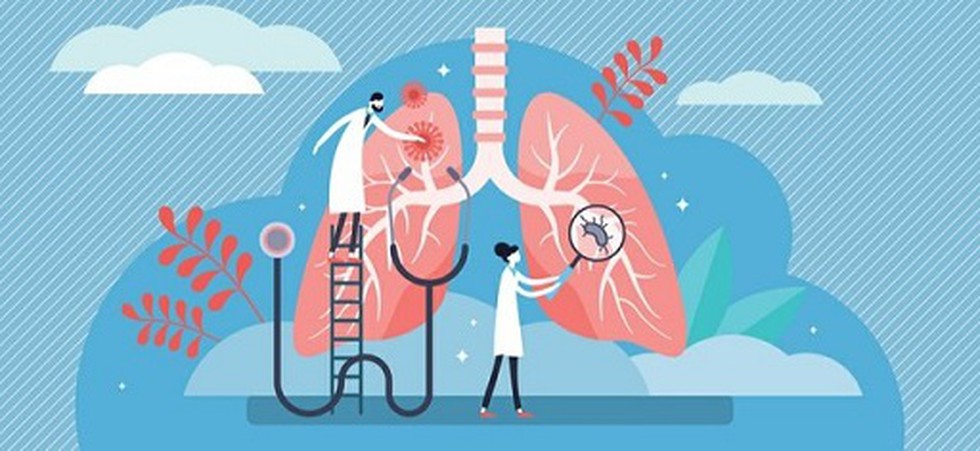
About:
- Viral infections are mainly identified by two kinds of tests– genetic and serological.
- Genetic tests can identify infections that are active, but cannot be used to detect past infections. This is what serological tests seek to determine.
- Unlike genetic tests, which look for RNA in swab samples, serological tests work on antibodies in blood samples. Hence, they are also called ‘antibody tests’.
- To disable a pathogen, the antibody latches to a unique protein molecule on pathogen’s surface, called an antigen. Serological tests use antigen molecules to detect the presence of antibodies relevant to the infection.
- Such tests are relatively inexpensive, and can display results within a few minutes.
Prelims Pointers
March 29, 2020
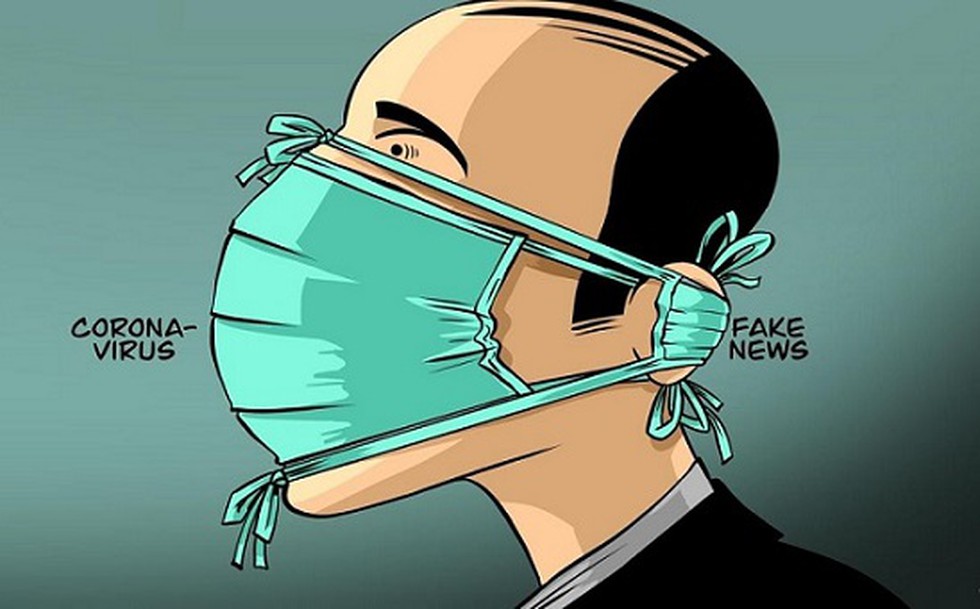
About:
- The initiative will have in place a system in which partners will be able to alert each other to disinformation about COVID-19.
- This will enable partner platforms such as Facebook and Google to review promptly and the publishers in the network can ensure that the information is not republished.
- The Trusted News Initiative, in which the BBC partners with other leading global news and technology organisations, was announced in June 2019.
- The partners within the initiative are: the BBC, Facebook, Google/YouTube, Twitter, Microsoft, AFP, Reuters, European Broadcasting Union (EBU), Financial Times, The Wall Street Journal, The Hindu, CBC/Radio-Canada, First Draft and the Reuters Institute for the Study of Journalism.
Prelims Pointers
March 29, 2020
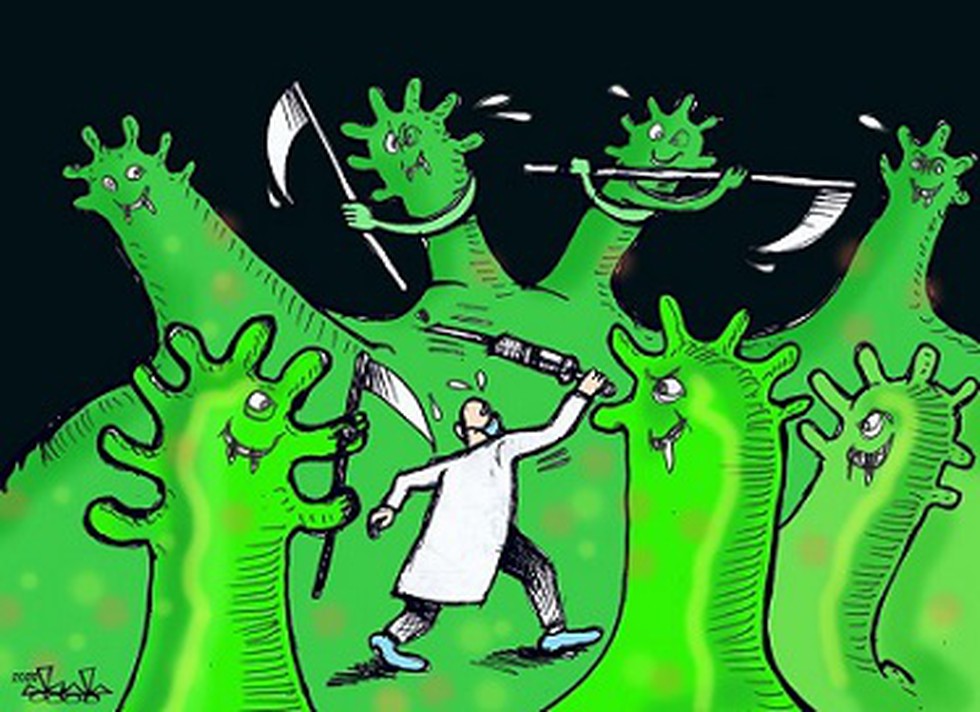
About:
- Indian Scientists’ Response to CoViD-19 (ISRC) is a voluntary group of scientists who regularly discuss the rapidly evolving situation with its dire need for science communication.
- With nearly 200 members, the group has scientists from institutions such as the NCBS, the IISc, the TIFR, the IITs, the IISERs and many others.
- The group aims to study existing and available data to bring out analyses that will support the Central, State and local governments in carrying out their tasks.
Prelims Pointers
March 29, 2020
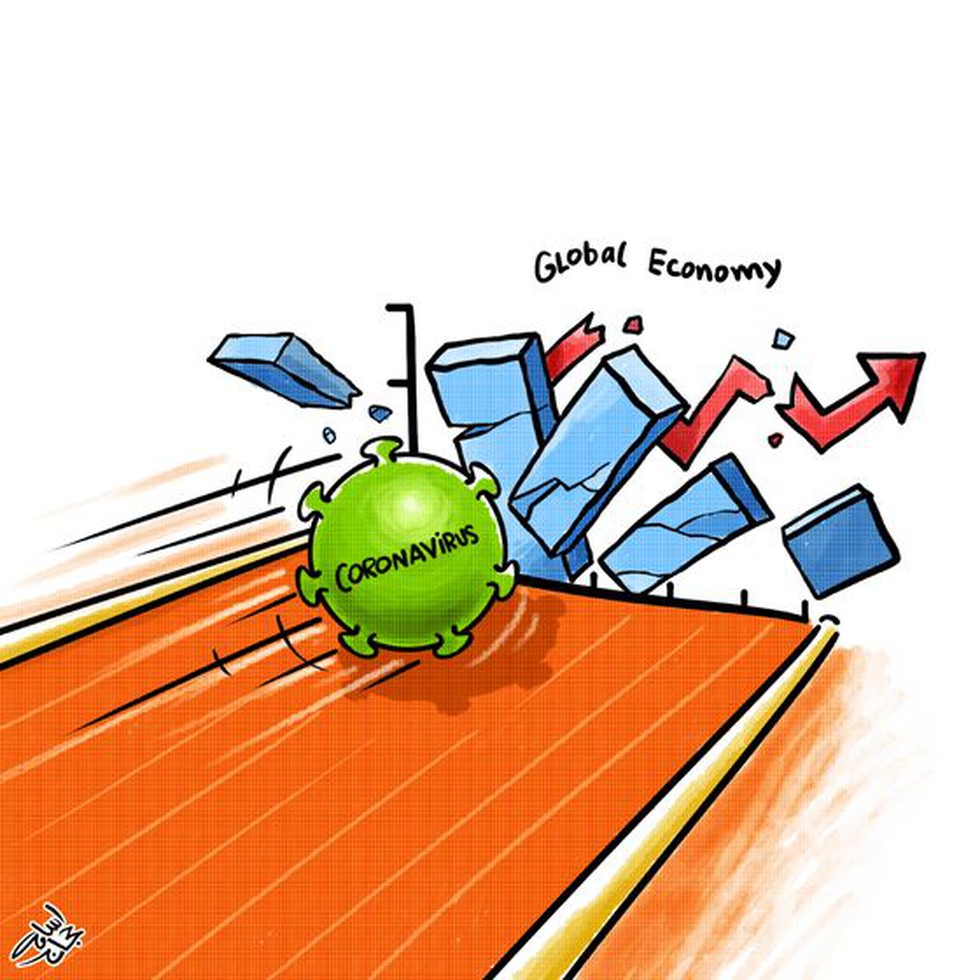
About:
- Type: A statutory body established by an Act of Parliament, viz. The Chartered Accountants Act, 1949.
- Established in: 1949.
- Mandate: Regulating the profession of Chartered Accountancy in the country; Formulation of Accounting Standards; and Prescription of Standard Auditing Procedures.
- Parent Body: It functions under the administrative control of the Ministry of Corporate Affairs, Government of India.
- Council: The affairs of the ICAI are managed by a Council which constitutes of 40 members of whom 32 are elected by the Chartered Accountants and remaining 8 are nominated by the Central Government.
- The ICAI is the second largest professional body of Chartered Accountants in the world, with a strong tradition of service to the Indian economy in public interest.
Prelims Pointers
March 29, 2020

About:
- NDFs are foreign exchange derivative instruments on non-convertible or restricted currencies traded over the counter (OTC) mainly at offshore centres outside the direct jurisdiction of the respective national authorities.
- The RBI took the decision despite the recommendation by a task force set up by it against allowing banks in the NDF market. The task force submitted its report in July 2019.
- The Task Force on Offshore Rupee Markets, set up by the RBI, had proposed that Indian banks should not be permitted to deal in the offshore rupee derivative market — or the NDF market — for the present as the downside of permitting them to deal in this market outweighs the advantages.
Prelims Pointers
March 29, 2020
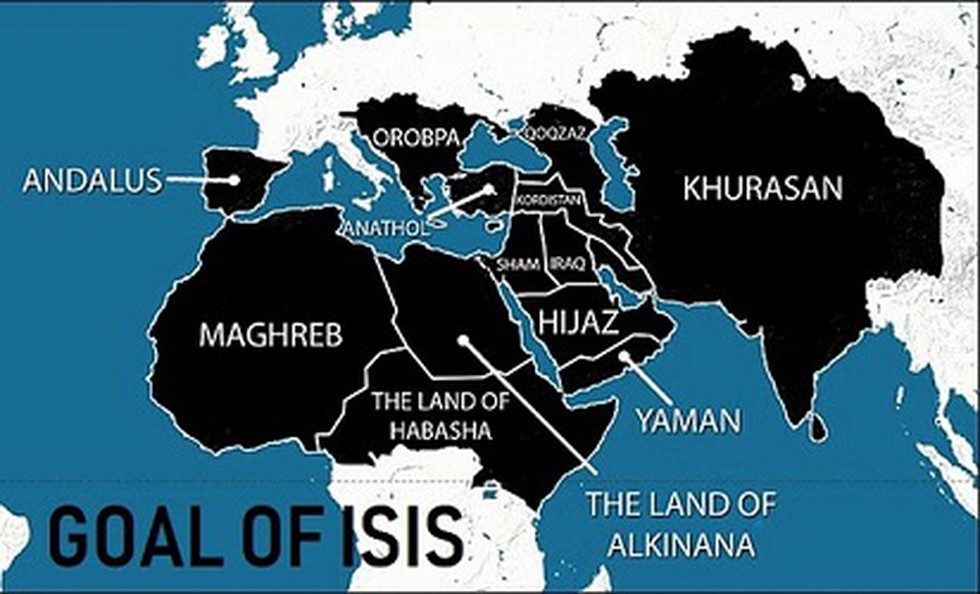
Kabul gurdwara attack
- On 25 March 2020, suicide bombers and assailants armed with guns attacked the Gurdwara Har Rai Sahib (Sikh shrine) in Kabul (Afghanistan), in which 25 Sikh worshippers were killed.
- Islamic State of Iraq and the Levant (ISIL) – Khorasan Province has claimed responsibility for the attack. It said the attack was carried out in response to the Indian government's actions in Kashmir.
- One of the gunman was identified as Abu Khalid al-Hindi, an Indian citizen from Kerala.
Islamic State of Iraq and the Levant – Khorasan Province
- The Islamic State of Iraq and the Levant – Khorasan Province (ISIL-KP) is a branch of the militant Islamist group Islamic State of Iraq and the Levant (ISIL), active in Afghanistan and Pakistan.
- Some media sources also use the terms ISK, ISISK, IS-KP, or ISIS-K in referring to the group.
- Its main activity is in the border region of eastern Afghanistan and northern Pakistan. However, its area of operations also includes other parts of South Asia, such as India where individuals have pledged allegiance to it.
- Khorasan (also transcribed as Khurasan and Khorassan) was a province in north eastern Iran, but historically referred to a much larger area comprising the east and north-east of the Persian Empire.
Prelims Pointers
March 29, 2020
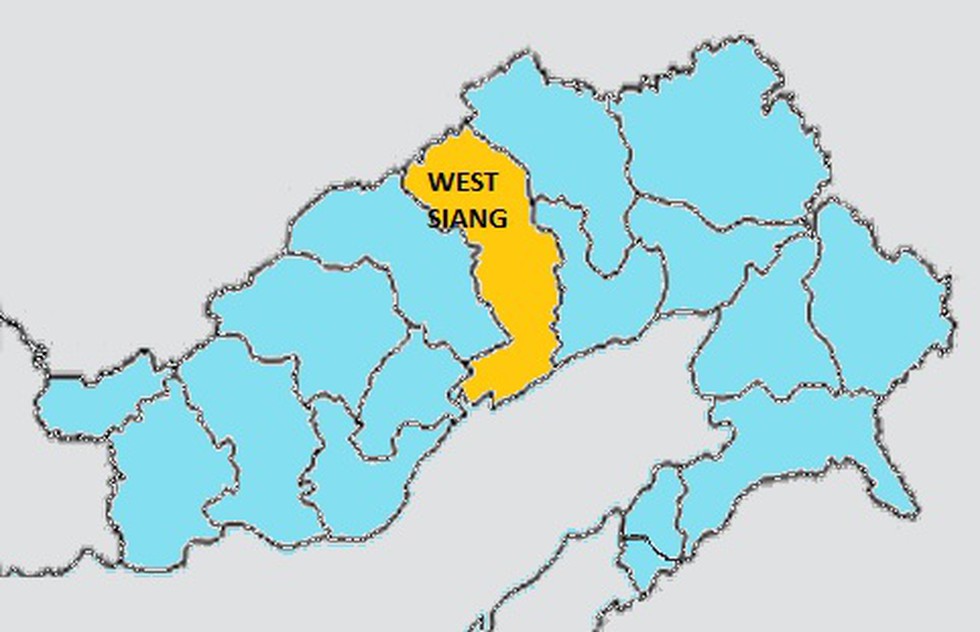
About:
- Arunachal Pradesh’s West Siang district ceremonially entered the Arr-Rinam phase on March 26, 2020. Arr-Rinam is the Galo equivalent of lockdown imposed by consensus for 48 hours whenever an epidemic strikes.
- The Galos, one of the 26 major tribes of Arunachal Pradesh, dominate West Siang district.
- Arr-Rinam, which follows the Ali-Ternam ritual to ward off an epidemic, has been a part of their culture.
- Ali-Ternam — Ali means epidemic and Ternam forestall — and Arr-Rinam were last performed almost four decades ago when a water-borne disease had affected many members of the community.
March 28, 2020
Prelims Pointers
March 28, 2020
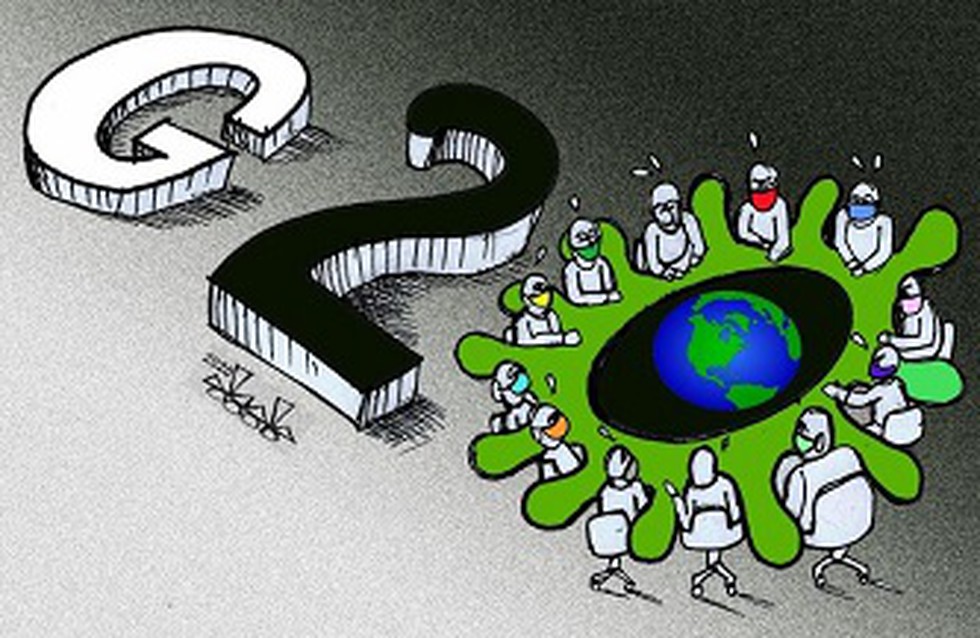
About:
- At a video-conference of leaders of the world’s top 20 economies, the G20, hosted by the Saudi King, Salman bin Abdulaziz Al Saud, to discuss the novel coronavirus pandemic.
- The G20 countries committed to inject more than $5 trillion into the global economy, and contribute to the COVID-19 solidarity response fund led by the World Health Organization (WHO).
- The leaders agreed to have more interactions of G20 Foreign Ministers, health officials and the respective Sherpas before the Riyadh Summit of the G20 nations in November 2020.
WHO’s ‘failure’
- Prime Minister Modi also called for a bigger mandate and more funding for the World Health Organisation, which he said had failed to “adapt itself to deal with the new challenges the international community has faced.”
- Many countries have been critical of WHO’s failure to alert the world quickly enough of the potential threat from the pandemic, even after it had been informed of its spread in Wuhan by China on December 31 last year.
Prelims Pointers
March 28, 2020
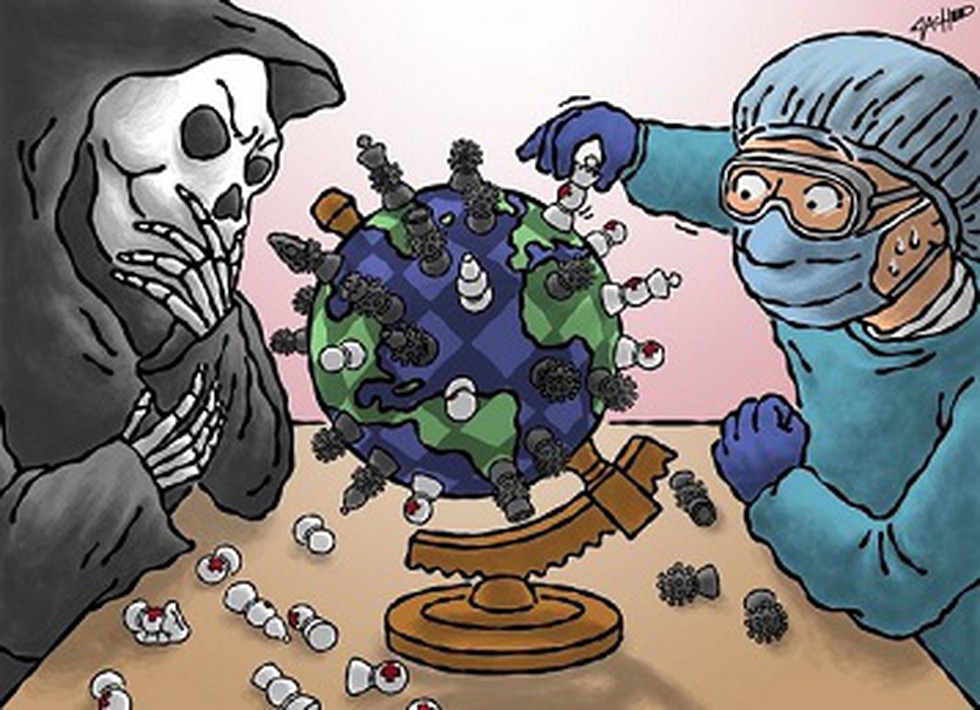
About:
- The capacity mapping group consists of representatives from DST, Department of Biotechnology (DBT), ICMR, MeitY, CSIR, Atal Innovation Mission (AIM), Ministry of MSME, Startup India and AICTE.
- The Task Force is to identify the most promising startups that are close to scale up, who may need financial or other help or connects or projected demand to rapidly scale up.
- It also aims at funding nearly market-ready solutions in the area of diagnostics, testing, health care delivery solutions and equipment supplies. Some of these solutions include masks, sanitizers, affordable kits for screening, ventilators and oxygenators.
Prelims Pointers
March 28, 2020
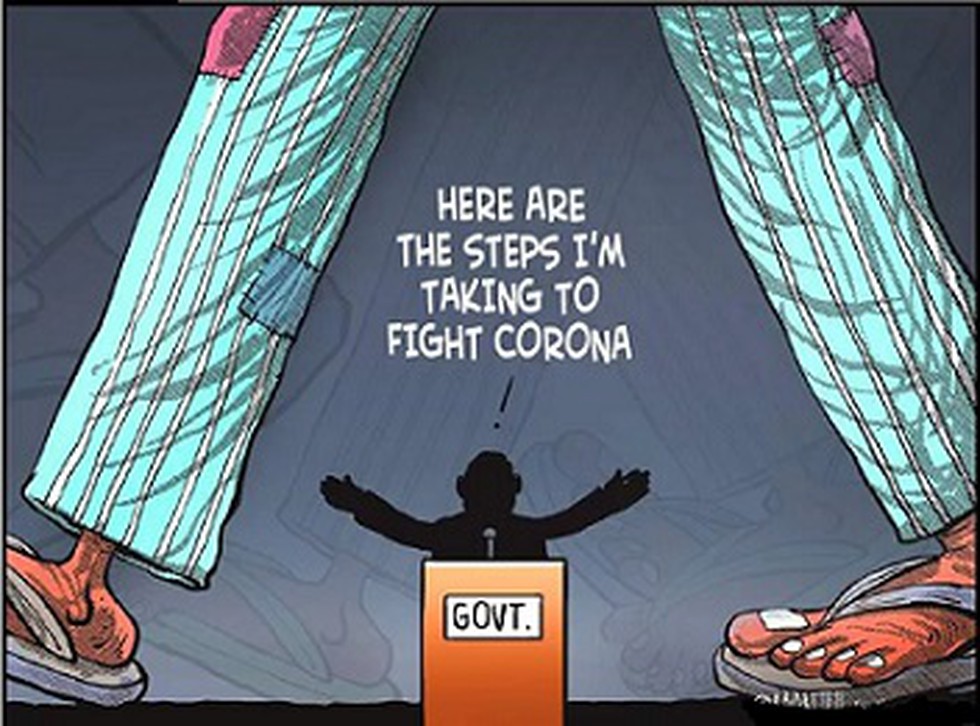
Following are the components of the Pradhan Mantri Garib Kalyan Package:
- Insurance cover of Rs 50 Lakh per health worker fighting COVID-19 to be provided under Insurance Scheme
- 80 crore poor people will to get 5 kg wheat or rice and 1 kg of preferred pulses for free every month for the next three months under PM Garib Kalyan Ann (अन्न) Yojana.
- Benefit to farmers: The first instalment of Rs 2,000 due in 2020-21 will be front-loaded and paid in April 2020 itself under the PM KISAN Yojana. It would cover 8.7 crore farmers
- A total of 20.40 crores PMJDY women account-holders would be given an ex-gratia of Rs 500 per month for next three months.
- Gas cylinders, free of cost, would be provided to 8 crore poor families for the next three months.
- Wage-earners below Rs 15,000 per month in businesses having less than 100 workers are at risk of losing their employment. Under this package, government proposes to pay 24 percent of their monthly wages into their PF accounts for next three months.
- Government will give Rs 1,000 to senior citizens (above 60 years), widows and Divyang tide over difficulties during next three months.
- MNREGA wages would be increased by Rs 20 with effect from 1 April, 2020. Wage increase under MNREGA will provide an additional Rs 2,000 benefit annually to a worker. This will benefit approximately 13.62 crore families.
- Women organised through 63 lakhs Self Help Groups (SHGs) support 6.85 crore households. Limit of collateral free lending would be increased from Rs 10 to Rs 20 lakhs.
- Employees’ Provident Fund Regulations will be amended to include Pandemic as the reason to allow non-refundable advance of 75 percent of the amount or three months of the wages, whichever is lower, from their accounts.
- Welfare Fund for Building and Other Constructions Workers has been created under a Central Government Act. State Governments will be given directions to utilise this fund to provide assistance.
- The State Government will be asked to utilise the funds available under District Mineral Fund (DMF) for supplementing and augmenting facilities of medical testing.
Prelims Pointers
March 28, 2020
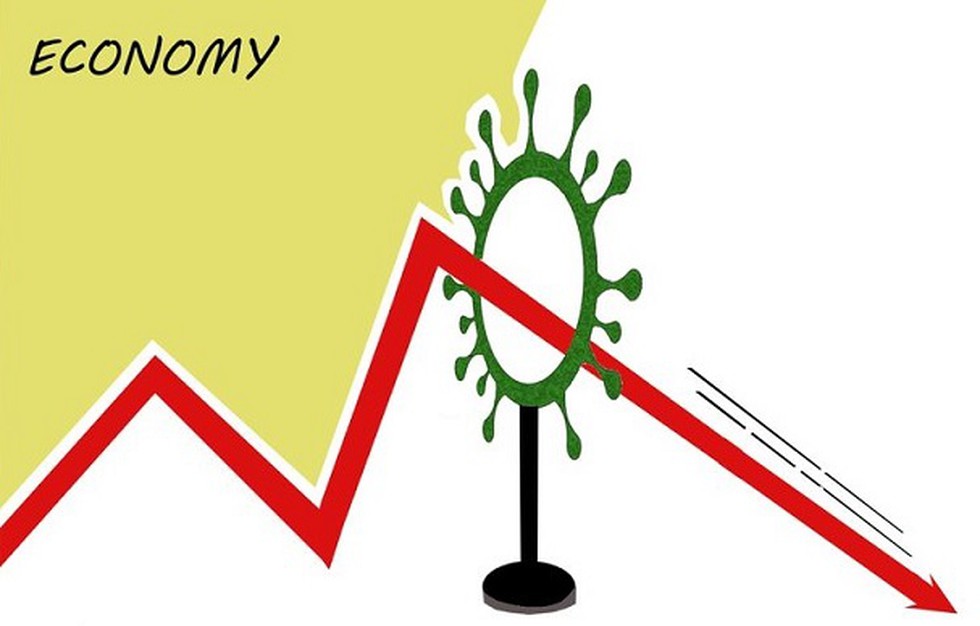
Rate cut:
- RBI has also slashed the reverse repo rate by 90 basis points to 4 per cent.
- The central bank has also reduced the Cash Reserve Ratio (CRR) of all banks by 100 basis points to 3 per cent with effect from March 28 for 1 year providing total liquidity injection of 3.74 lakh crore rupees to the system in current scenario.
Loan-Repayment Moratorium:
- RBI has allowed all lending institutions to permit a three-month moratorium on payment of installments of all loans. It has also allowed deferment of payment of interest on working capital.
- These two steps would not be classified as default, will not impact credit history of the borrower and will not result in asset classification downgrade.
Prelims Pointers
March 28, 2020
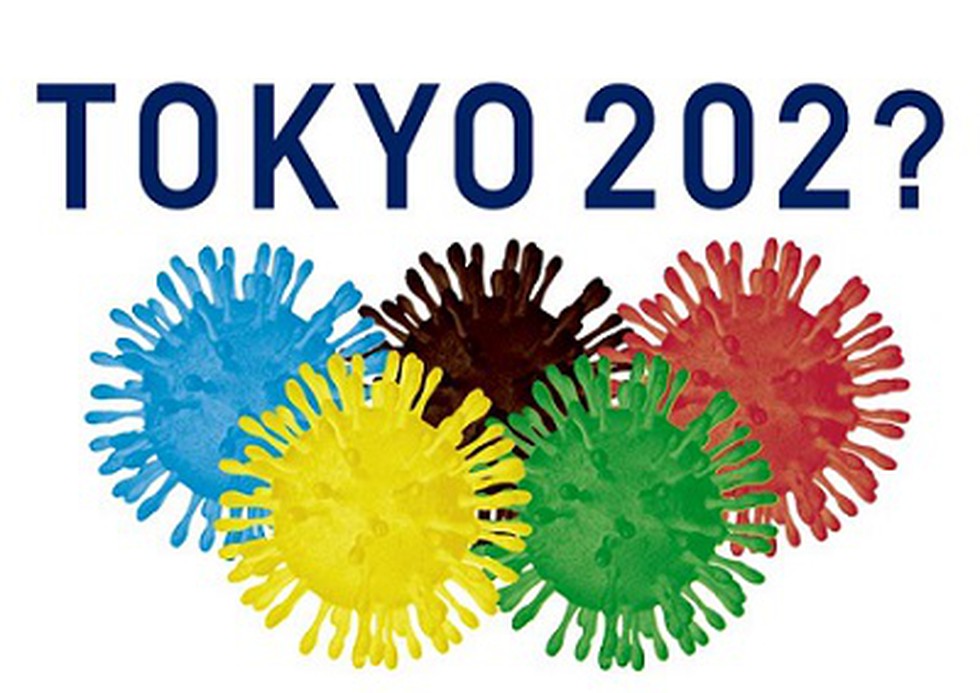
About:
- The Olympics, which has experienced boycotts, terrorist attacks and protests, but has been held every four years since 1948, would be the highest-profile event affected by the virus that has killed thousands and closed sports competitions worldwide.
- Three other times, the Olympic games were cancelled altogether because of World War I (1916) and World War II (1940 and 1944) — and in those latter two quadrennials, both the Summer and Winter Games were shelved.
- Prior to the Olympics, concern over the spread of the novel coronavirus caused the cancellation or postponement of the NBA, NHL, English Premier League, and the Euro 2020 tournament.
Prelims Pointers
March 28, 2020
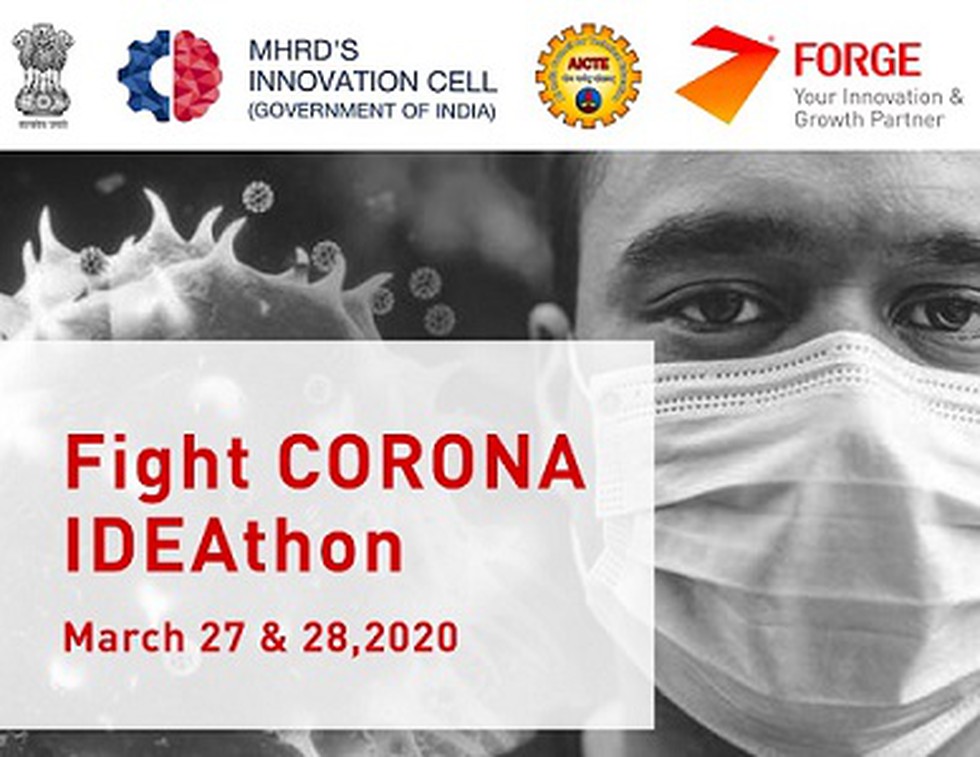
About:
- This ideathon is a 2-day online initiative to mitigate the uncertainties arising in light of the rampaging Pandemic.
- It is an endeavour to scout for accessible and affordable technological solutions that can contain the rapid spread of infection, ease the mounting pressure and ensure a quick return to normalcy.
- Problem statements are curated under 8 different categories such as - Personal Hygiene & Protection, Awareness, Preparedness & Responsible Behavior, Medical Systems - Diagnostic & Therapeutic, Screening, Testing & Monitoring etc.
Prelims Pointers
March 28, 2020

Salient Features:
- The SOP covers suppliers of essential goods, including restaurants supplying cooked food items.
- All the States/UTs should let e-commerce remain operational and encourage home delivery of essential goods as the 21-day lockdown was enforced to break the transmission chain of coronavirus.
- All facilities in supply of essential goods, whether involved in manufacturing, wholesale or retail of such goods through local stores, large brick and mortar or e-commerce companies, should be allowed to operate, ensuring strict social-distancing.
- Warehouses should not be closed because they also stored non-essential items.
- The persons engaged in the supply shall be allowed to commute on the basis of e-pass issued by the local authorities, and the employees shall carry a valid photo identification card.
- It asked the States to open 24/7 control rooms to register complaints and grievances.
- The facilities engaged in supply of essential goods would carry out regular health and sanitation check-up of employees engaged and provide them proper protective gear.
Prelims Pointers
March 28, 2020
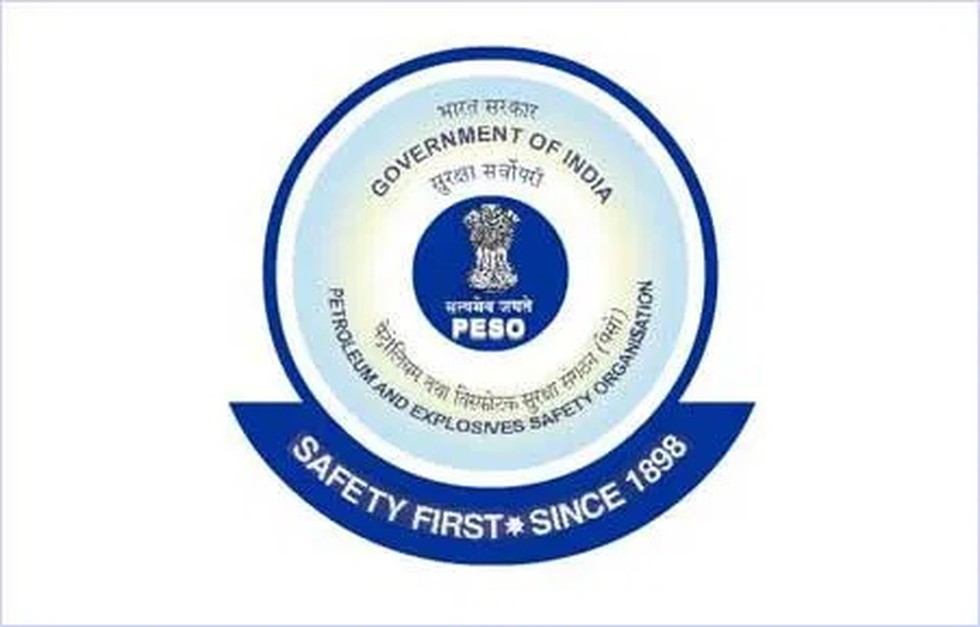
About:
- Petroleum & Explosives Safety Organization (PESO) is an organization under Department of industrial policy and promotion (DIPP), Ministry of commerce & industry.
- It administers the usage of explosives & petrol stations in India.
- It is headquartered at Nagpur, Maharashtra.
Prelims Pointers
March 28, 2020
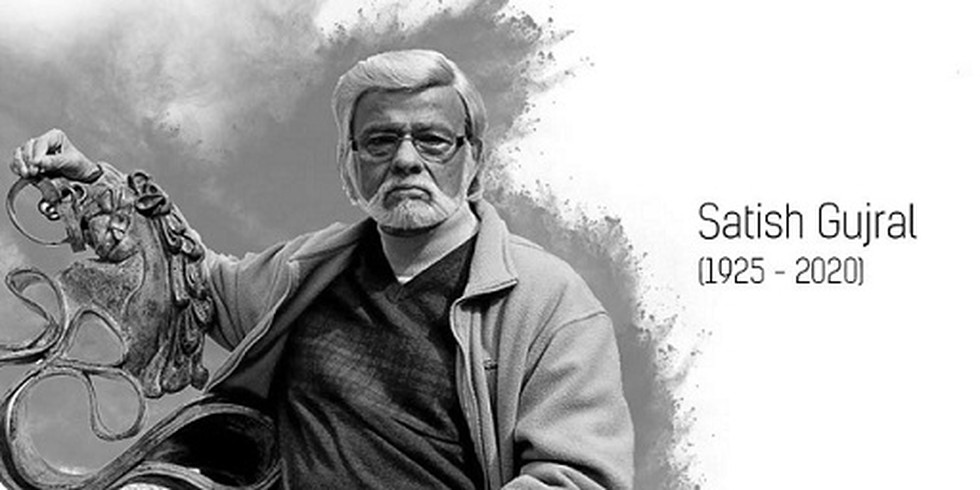
About:
- Satish Gujral (1925 - 2020) was a renowned Indian painter, sculptor, muralist and writer of the post-independent era.
- He was awarded the Padma Vibhushan, the second-highest civilian award of India, in 1999.
- His elder brother, Inder Kumar Gujral, was the Prime Minister of India between 1997 and 1998.
Prelims Pointers
March 28, 2020
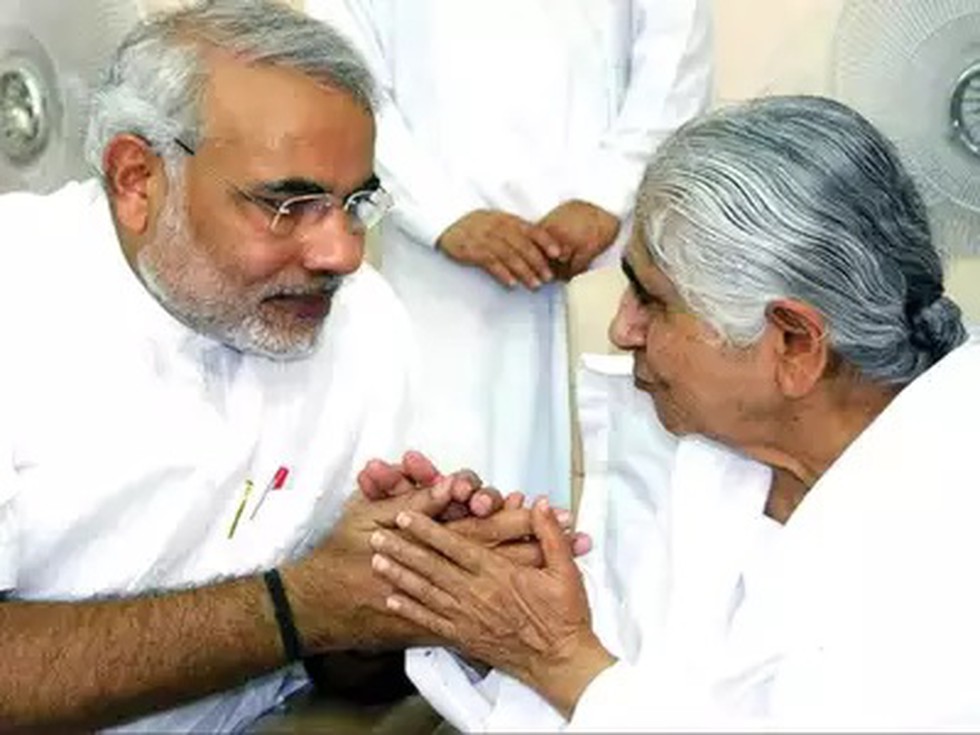
About:
- Rajyogini Dadi Janki, the Chief of Brahmakumaris Sansthan, the world's largest spiritual organization run by women, passed away at the age of 104 after prolonged illness.
- Rajyogini Dadi Janki was born in 1916. She had embraced the spiritual path at the age of 21.
- In 1970s, she moved to western countries to establish Indian philosophy, Raj Yoga and human values. She had set up 'Seva Kendras' in 140 countries around the world.
- Dadi janki was appointed the brand ambassador of Swachh Bharat Abhiyaan (Clean India Mission) by the government for her work in the field of maintaining cleanliness.
- The Brahma Kumaris are a Spiritual movement that originated in Hyderabad, Sindh, during the 1930s. The Brahma Kumaris movement was founded by Lekhraj Kripalani.
- The organisation is affiliated with the United Nations and is known for the prominent role that women play in the movement.

